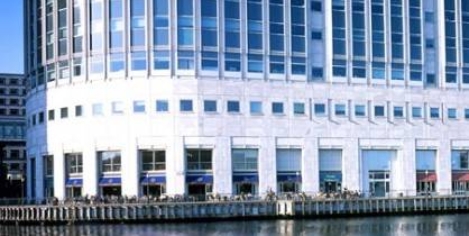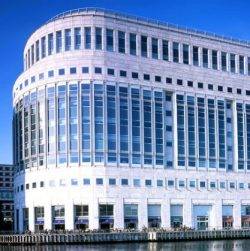February 8, 2017
Take up of flexible space confirms London’s status as a global coworking pioneer 0
 The ‘gig economy’ continues to drive London’s thriving flexible workplace sector which accounted for 8.8 percent of total office take-up in 2016, according to a new study from Cushman & Wakefield. The report claims that the pace of development will continue for the foreseeable future, not least because of the number of corporate occupiers taking on coworking space. Flexible office space accounted for more than 4.5m sq ft of take up in London over the past five years as the capital has cemented its place as the leading global market for coworking, according to the research. In 2016, flexible office take-up amounted to 842,888 sq ft across Central London, representing 8.8 percent of total take-up – slightly above the five-year average of 8.4 percent.
The ‘gig economy’ continues to drive London’s thriving flexible workplace sector which accounted for 8.8 percent of total office take-up in 2016, according to a new study from Cushman & Wakefield. The report claims that the pace of development will continue for the foreseeable future, not least because of the number of corporate occupiers taking on coworking space. Flexible office space accounted for more than 4.5m sq ft of take up in London over the past five years as the capital has cemented its place as the leading global market for coworking, according to the research. In 2016, flexible office take-up amounted to 842,888 sq ft across Central London, representing 8.8 percent of total take-up – slightly above the five-year average of 8.4 percent.


































